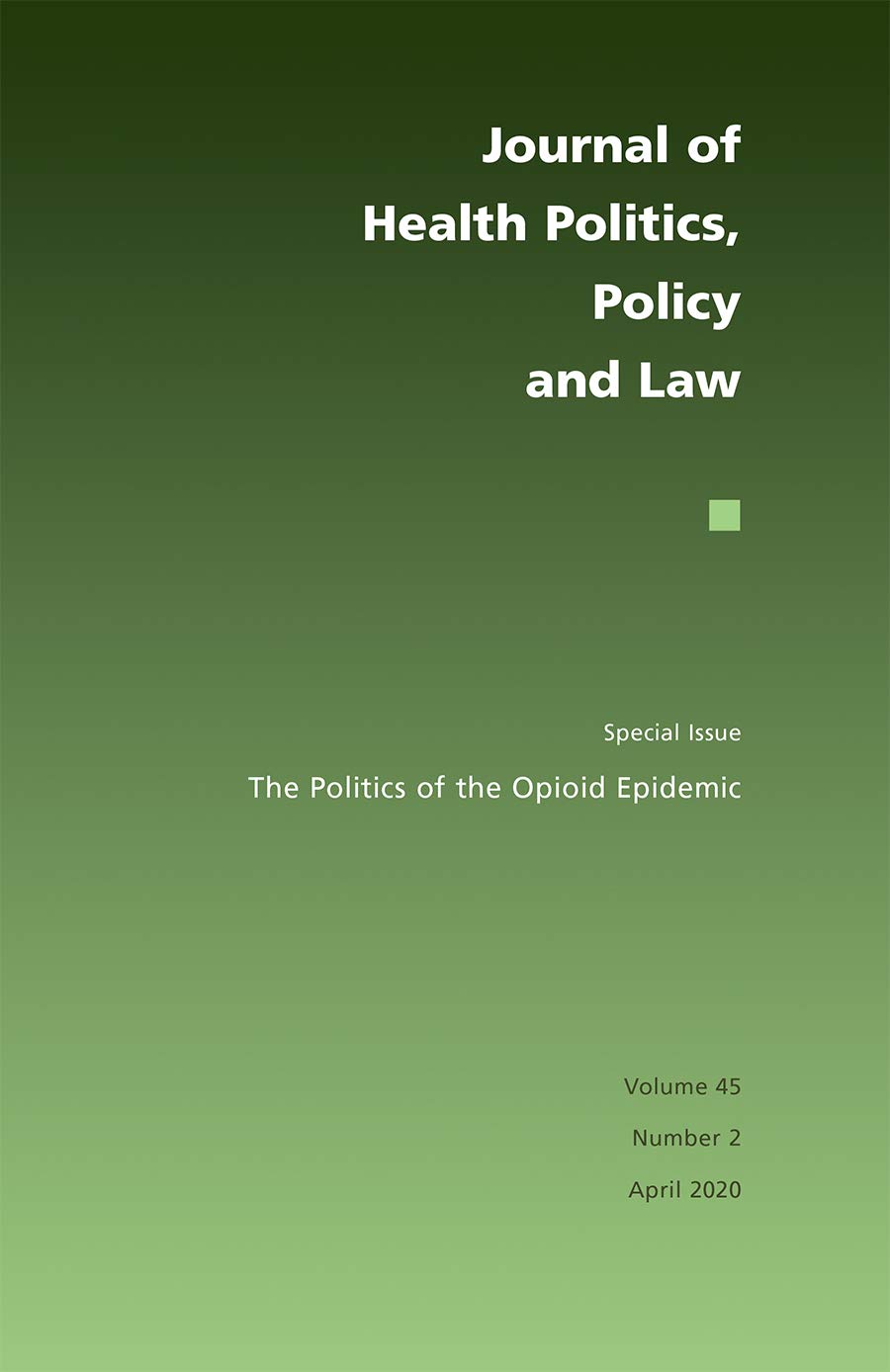
In "The Politics of the Opioid Epidemic," leading political scientists from diverse theoretical traditions provide new insights into the enduring features of American policy and practice that have influenced state-level and national responses to the ongoing Opioid crisis.
Singer, Bikki Tran Smith, Patricia Strach, Paul Testa, Tess Wise, Katie Zuber.
Pollack, Marie Schenk, Carmel Shachar, Phillip M.
Patashnik, Elizabeth Perez-Chiques, Harold A.
Moffitt, Evan Morgan, Brendan Nyhan, Eric M.
Miller, Susan L.
Grogan, Gali Katznelson, Jin Woo Kim, Miriam Laugesen, Joanne M.
Gollust, Colleen M.
Bersamira, Andrea Louise Campbell, Sarah E.
Andrews, Clifford S.
Amanda Abraham, Christina M.
Contributors.
Analyzing the manifold Politics that have contributed to the current situation, contributors explain the depth of the current Opioid Epidemic and highlight the need for structural change to produce durable, effective policies.
Other factors include the development of the conservative welfare state and the challenges of delivering information and services to affected communities through existing, dysfunctional systems.
Key among these features is the persistent power of race in shaping public opinion of the Opioid crisis, influencing the development of punitive and treatment-oriented legislation, and impacting media portrayal of opioids and the communities they affect.
In "The Politics of the Opioid Epidemic," leading political scientists from diverse theoretical traditions provide new insights into the enduring features of American policy and practice that have influenced state-level and national responses to the ongoing Opioid crisis
